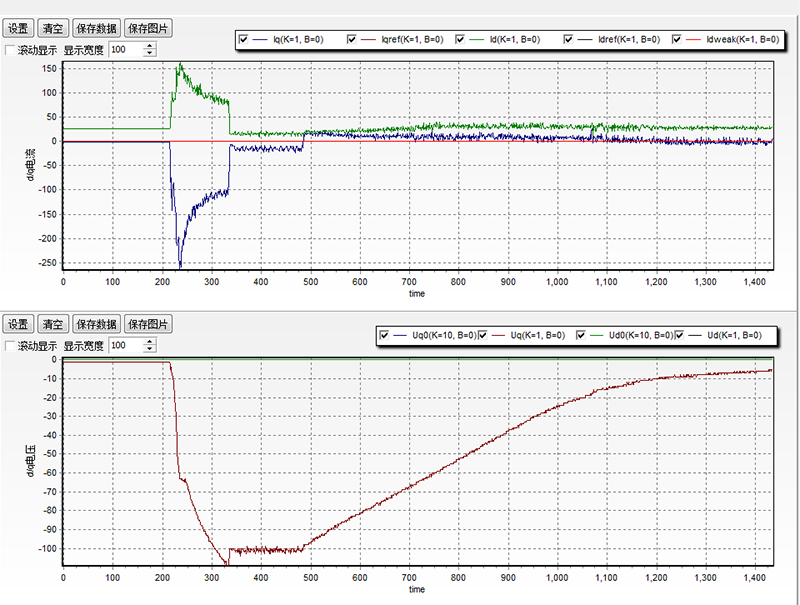The regular tests include but not limit to motor& controller
performance test, system matching and debugging, CAN Bus & BMS
data analysis, components tests, and other outdoor tests such as
road running test, climbing performance, mileage test, etc.
Components Selection, System Matching, Parameters Setting and Debugging
For an intelligent electric vehicle with CAN bus, the recognition of the importance to develop the power train, battery& BMS, and other sectors as an ENTIRE SYSTEM is the key of project success. Starting from definitions on CAN protocol, and components selection and/or development, parameters setting, the whole system should be considered as an inseparable block at the electric designing stage. Before mounting the whole system to the vehicle, the system should be tested to complete the debugging process off vehicle.
In this professional way, a huge waste on project budget and vehicle developing time circle can be saved effectively, with minimal trouble shooting period after vehicle assembled.
With CAN bus, smart MCU, and advanced BMS, the availability on flexible configuration of parameters of the major components are essential to ensure the performance of an electric vehicle to meet the initial demands.
Motor & Controller Performance Test
Motor& Controller Test by the professional testing equipment for motor temperature monitoring, torque, speed, power, bus current, voltage, motor data real-time acquisition, automatic record, the data processing, secondary analysis and real-time display: system efficiency, drive efficiency, motor efficiency, reverse potential coefficient, torque coefficient and other motor parameters. At the same time, test the performance of the motor in various scenarios, such as: underwater, high-speed, load, idling, high temperature, etc., a full range of scene testing to ensure the performance and features of the motor and controller to meet the vehicle demands.
Road Running&Fields Tests
Road running and fields tests is an essential stage before small-scale trial production. The tests should cover all the basic functions, mileage, max speed, max climbing capacity, current curvy, temperature curvy, water tightness, durability and other features of the vehicle in different running conditions. Each running test should be recorded formally and clearly for testing conditions, data collected and any event during the testing process.











